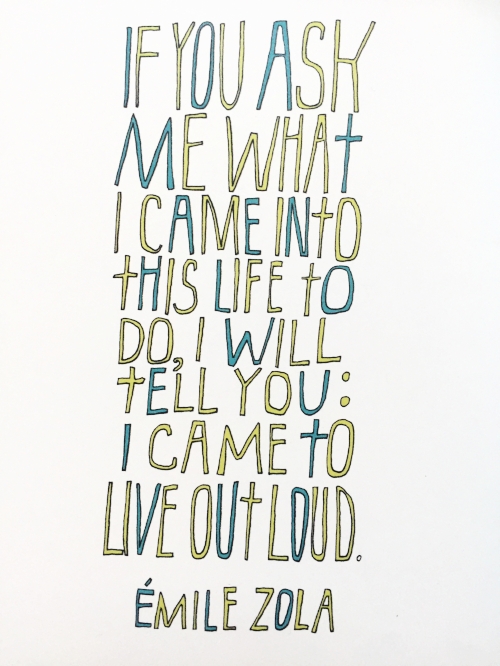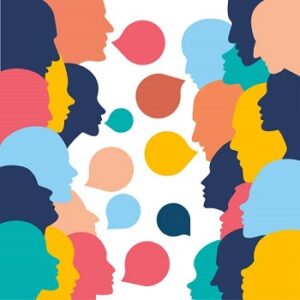Over the past year, it wouldn’t be inaccurate to say that I’ve been collecting caring high school teens from different parts of the country interested in serving as Citizen Discourse ambassadors. They. Are. Awesome. Every time I get to interact with them individually or collectively they impress and inspire me. We are just weeks/days away from these maverick teens joining our online community as founding members.
One of the teens I’ve gotten to know virtually is a senior from Atlanta, Georgia. Hanna (from Atlanta) is our scribe during video conference calls. She has been sending me some of her writing the past few months. When she does, I’ll offer edits and a little feedback. Yesterday, Hanna sent me the essay below. It did not need any editing. This piece resonated with me because I’ve been curious how Generations (x, y, millennial etc) get labeled. Who has the standing to make that decision? Why doesn’t the generation at issue have a say? Hanna’s piece is thoughtful and astute and, personally, I think she’s on to something.
I asked Hanna if I had her permission to post this and I’m excited that this can be a first illustration of the nature of the content our members may find on Citizen Discourse.

If I were to rename Generation Z I would call myself and my peers the “iGeneration.” I have two main reasons for this: “I”nformation and “I”ndividuality.
First, through technology and devices such as the iPhone, my generation can access information instantly. We grew up in the world with news, events, and updates at our fingertips. We are the first generation that can “keep up” with the world in real-time. We are addicted to the constant flow of updates and the need to always stay informed and connected. We feel cheated if we do not respond to a friend’s snapchat from five minutes ago and if we are late to learn about a world event from earlier that day.

As a result, we are often termed “screenagers” who are addicted to technology and who substitute digital communication for direct human interaction. We are often viewed as naive, lazy and unmotivated, because we depend on digital communication and often appear distracted and all-consumed in social media. I believe it is a misconception and know that my peers and I are just as engaged and value our relationships with our peers and families as the generations that preceded us. However, as we enter college and the workforce we will have to learn to balance our dependence on technology with the world’s expectations to prove and eliminate our elder’s mistaken perception that we cannot function outside of the digital world.
Second, the term iGeneration reflects the focus on “I” or the individual. My generation experienced much social progress that emphasized and focused on individual rights and social justice. We witnessed marriage equality, elimination of “don’t ask, don’t tell,” strides to rid the gender gap through equal pay for equal work, and the election of the first African American president. I am surrounded by people who are innovators, performers, and creators, and who feel empowered to express their views and follow their dreams. I love that my generation is full of free-thinkers, who are accepting, conscious and change-focused. We are also the most diverse. Through our continued focus on “I” — the emphasis on individual freedoms that are the cornerstone of American democracy – the iGeneration will continue to advance social change, hopefully at a much faster pace that the generations before it.



